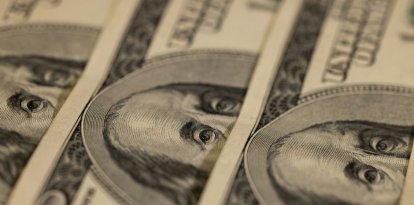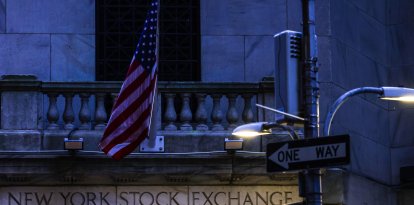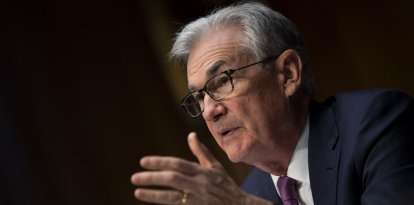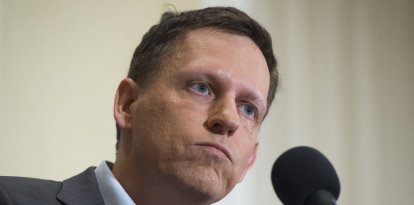Amazon layoffs begin
The tech giant has begun notifying employees of departures, offering two months to find a new job internally or accept severance pay.
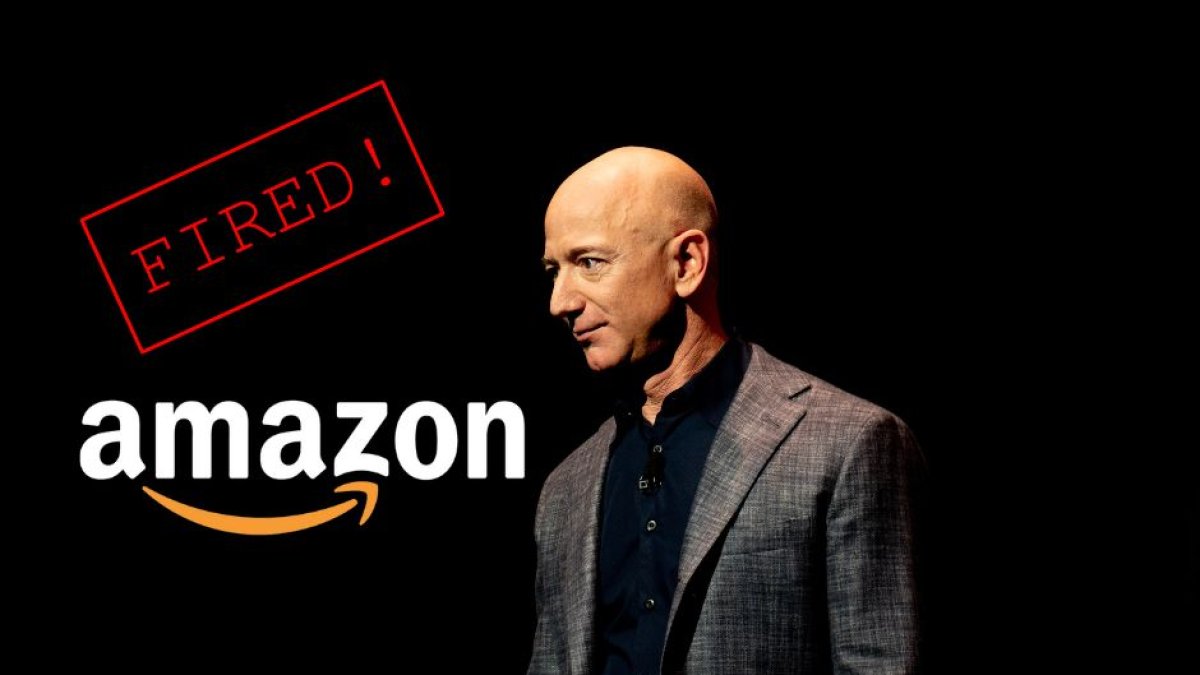
(Daniel Oberhaus / Flickr)
Just a day after the leak that Amazon was preparing to cut 10,000 employees, the layoffs have started. The workers have been called to meetings in which they have been given two months to find a new job internally or accept severance pay and leave the company.
According to The Washington Post, the first round of layoffs was announced on Tuesday afternoon. Some affected employees, who requested anonymity, shared internal conversations between staff and management in which they discussed the layoffs and the company's current "stressful" atmosphere. In addition, some of those laid off posted about it social networks.
Three percent of the workforce
Amazon has about 1.5 million workers right now, and about 10,000 (3%) are expected to lose their jobs. The global economic situation is the main reason for the company's personnel cuts. The company's CEO and founder has been warning about the economy for months and was among the first to speak openly about recession.
In addition, runaway inflation and cost controls by users have had an impact on the company. Amazon anticipates a weak holiday season, which is usually its strongest time of the year. Since the beginning of 2022, the company has lost 39% of its stock market value. Nevertheless, its market cap remains above the trillion dollar mark.
Why these layoffs are particularly alarming
Amazon's massive layoffs are neither the only nor the largest in the tech sector. Meta's layoffs were even larger in both size and proportion. However, according to experts, Amazon's recent layoffs are especially concerning. "Amazon is very consumer-focused, and so far the consumer has hung in there," Josh White, associate professor of finance at Vanderbilt University, told The Washington Post .
White noted that in the tech sector "they have technology, and they have the ability to see trends or maybe a potential slowdown in consumer spending, and that starts pushing us into that potential recession."














